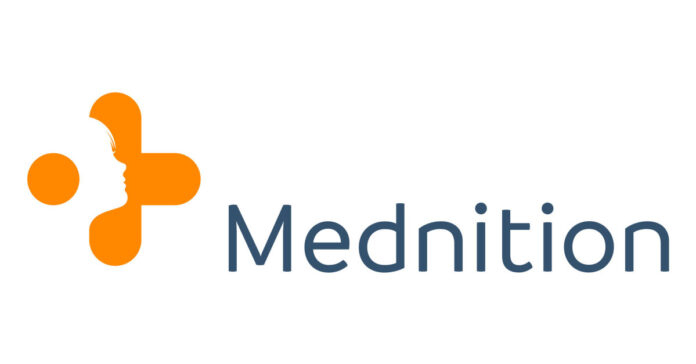BURLINGAME, Calif.– Mednition, a leader in clinical artificial intelligence (AI) healthcare solutions, announced today that KATE Sepsis has received Breakthrough Device Designation from the U.S. Food and Drug Administration (FDA), recognizing the AI-powered solution as a significant advancement in the early detection of sepsis.
Sepsis is a life-threatening condition and stands as the #1 cause of death in US hospitals, the #1 cause of readmissions, and the #1 cost for hospitalizations. The difficulty of treating sepsis arises from challenges in early detection, where even a few hours of delay in the treatment can result in increased morbidity and mortality.1
“We are deeply honored to receive the FDA Breakthrough Device Designation for KATE Sepsis. This recognition underscores our commitment to advancing equitable care, improving patient outcomes, and reducing risk for patients,” said Steven Reilly, chief executive officer at Mednition. “We believe every second counts in the fight against sepsis. KATE Sepsis represents a significant leap forward in detecting sepsis earlier and enabling clinicians to provide more effective and timely treatment.”
KATE Sepsis has achieved this designation by introducing novel and breakthrough technology that holds the potential to revolutionize early sepsis detection. KATE Sepsis demonstrated the ability to improve early detection of sepsis at Emergency Department (ED) Triage over standard screening protocols by up to 118%. KATE Sepsis achieved this marked improvement at ED triage, before any laboratory diagnostic results are available.
The challenge for the adoption of AI for sepsis detection has been demonstrating high sensitivity without sacrificing specificity, which can lead to dramatic increases in false positive rates and alert fatigue. KATE Sepsis predictions have a higher sensitivity with a 74% improvement for sepsis, 80% for severe sepsis, and 118% for septic shock when compared to the standard screening algorithm. This sensitivity improvement is achieved without a decrease in specificity, which is 95% for KATE Sepsis. More information on these results can be found in our preprint publication.
“The industry has invested deeply in building algorithms to advance early sepsis detection. However, the subtle and heterogeneous symptoms of the onset of the disease, with quick progression to life-threatening stages, has challenged researchers for decades in finding solutions with both high sensitivity and high specificity,” said Christian Reilly, president of Mednition. “Expanding our KATE AI platform, already proven effective in detecting high-risk patients, to now also signal risk of sepsis is a natural extension and perfect use case for our clinical AI.”
This Breakthrough Device Designation for clinical AI technology ushers in a new era in early sepsis recognition, promising to make a substantial difference for frontline nurses in our hospitals and the patients they serve.


